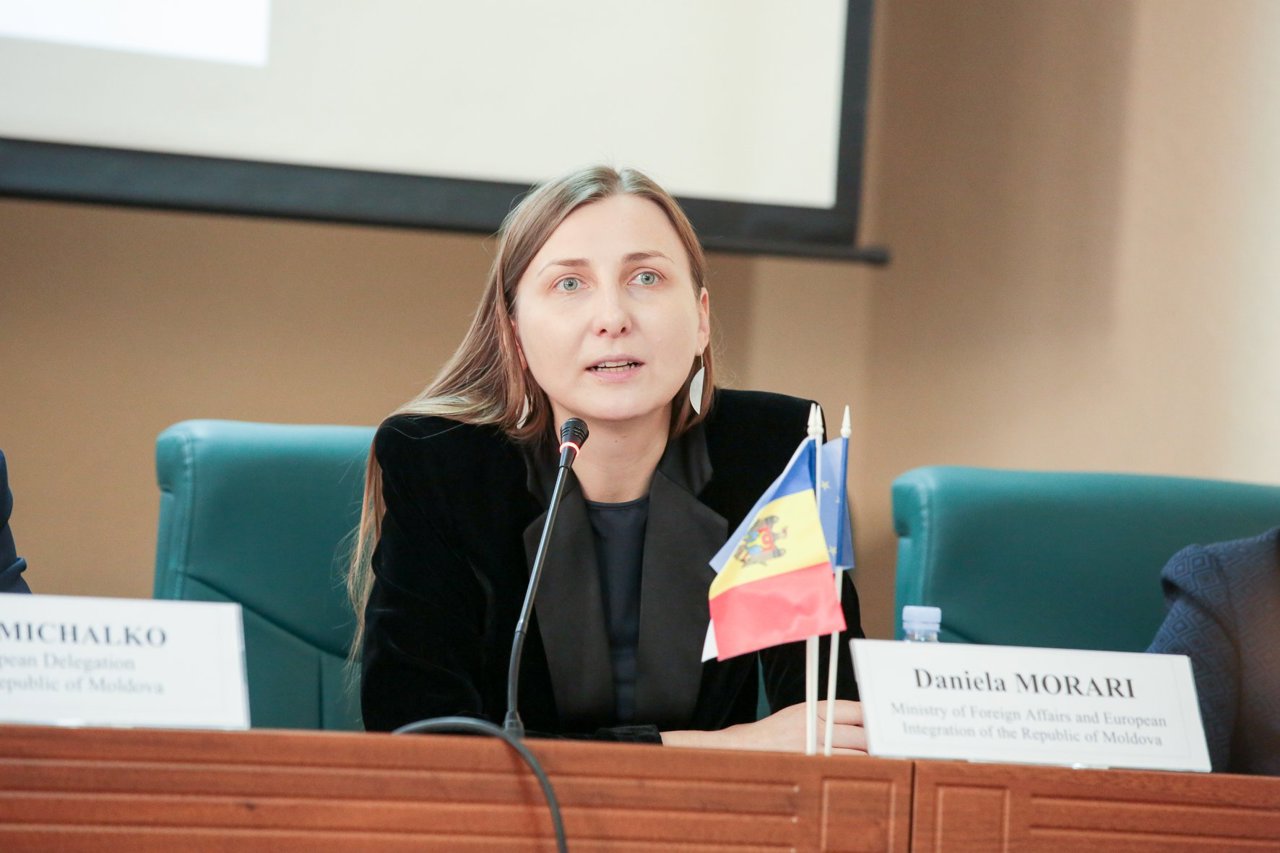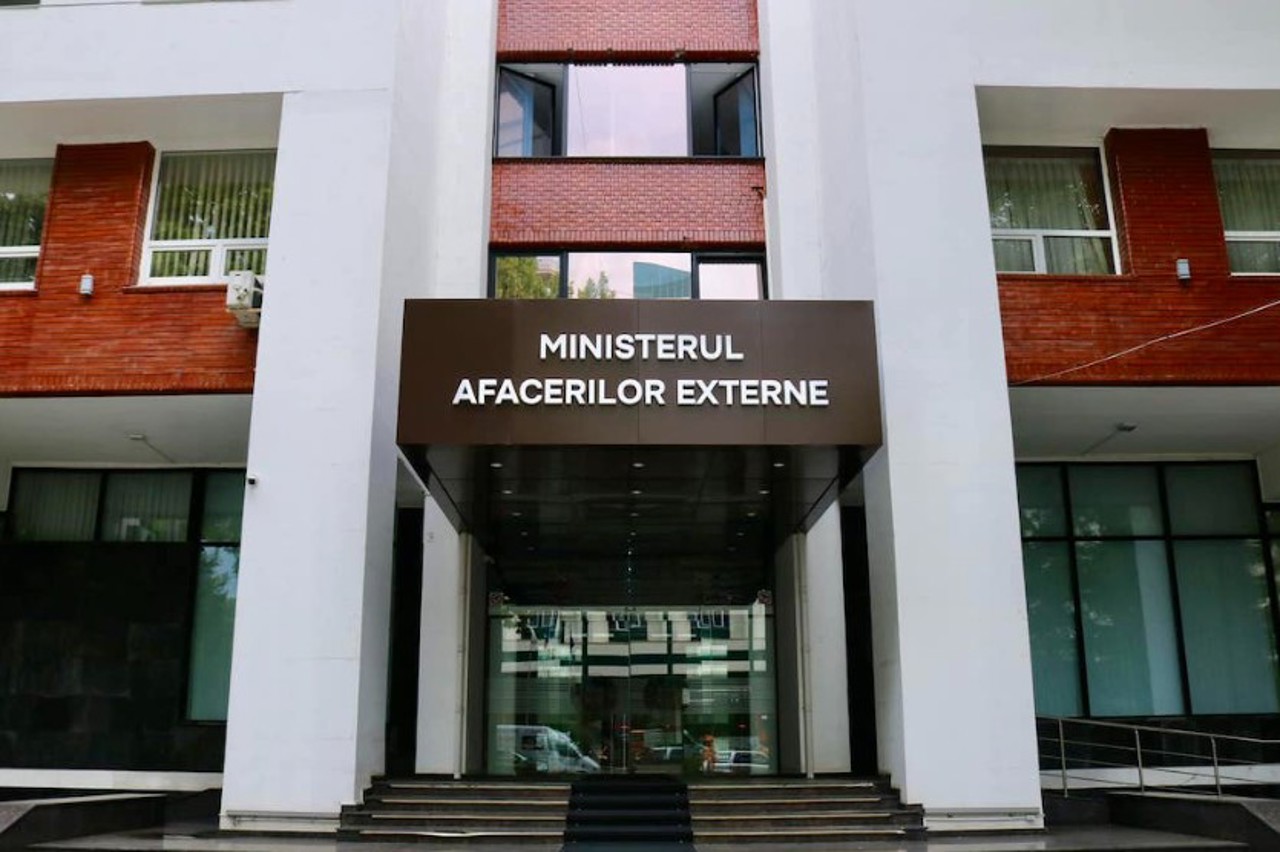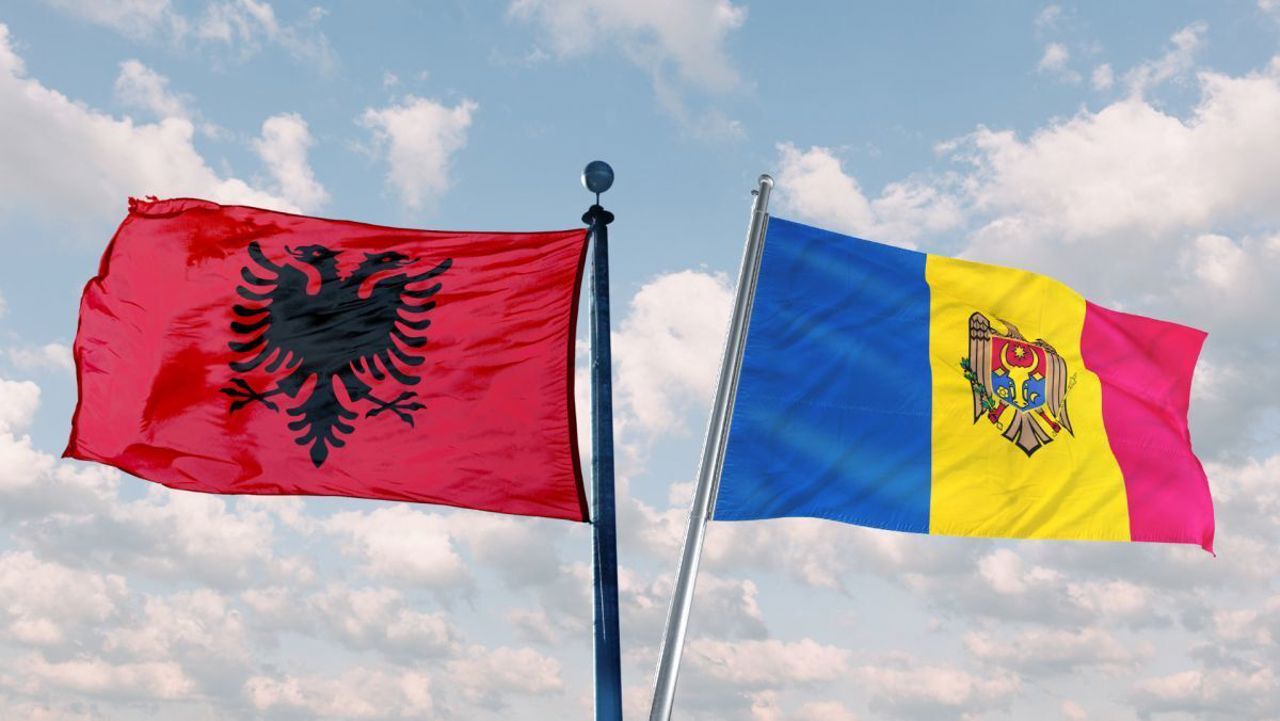Moldova-EU Accession: Negotiations and Challenges Explained
After the official commencement of accession negotiations on June 25th, Moldova will proceed with the bilateral screening of legislation, marking the second technical step toward the country's accession to the EU, following the explanatory screening.

This process involves evaluating national legislation in relation to EU laws. In the immediate term, Moldovan authorities will engage with the European Commission to clarify the degree of harmonisation achieved with EU legislation for each law, directive, and chapter, and outline timelines for resolving outstanding issues. Daniela Morari, head of Moldova's Mission to the EU, explained this during the "360 Degrees" program on Radio Moldova.
"This is crucial as it indirectly shapes the negotiation process itself, determining our starting point—whether from a basic, intermediate, or advanced level of harmonisation or understanding," elaborated Daniela Morari.
The subsequent stage involves detailed negotiations on each block of chapters. Daniela Morari emphasised that the negotiations opening and concluding each session include fundamental chapters such as justice and the rule of law, along with all related aspects within these domains.
"We are commencing with this process. We are currently in discussions with the European Commission to receive a clear schedule specifying the commencement dates for each chapter. Institutions responsible for these chapters must be thoroughly prepared to present their cases to the European Commission and address all ensuing queries," stated Daniela Morari, head of Moldova's Mission to the EU.
Moldova's ambassador to Brussels, Daniela Morari, anticipates that negotiations may proceed more smoothly on chapters already covered by the Moldova-European Union Association Agreement. However, discussions will be more intricate regarding areas primarily under the jurisdiction of national states, such as social assistance, or costly domains such as the environment, transport, or infrastructure, which require substantial investments. Effective cooperation among responsible institutions, political determination, and institutional capabilities, which are currently constrained in some instances, will be crucial.
It is noteworthy that on Tuesday, June 25th, the 27 member states of the European Union officially confirmed the commencement of accession negotiations with Moldova and Ukraine. This announcement was issued by the Belgian Presidency of the EU Council on Friday, June 21st.
Moldova applied for EU accession on March 3, 2022. Less than a year later, the European Commission issued its opinion on the country's accession request to the bloc.
On June 23, 2022, the European Council conferred candidate country status upon Moldova. Following Moldova's fulfilment of the European Commission's recommendations last December, EU leaders opted to initiate accession negotiations with Moldova, inviting the Council to adopt the negotiation framework upon completion of the relevant stages outlined in the Commission's report.
In mid-December 2023, the heads of state and government of the European Union paved the way for accession negotiations with Ukraine and Moldova.
Translation by Iurie Tataru




